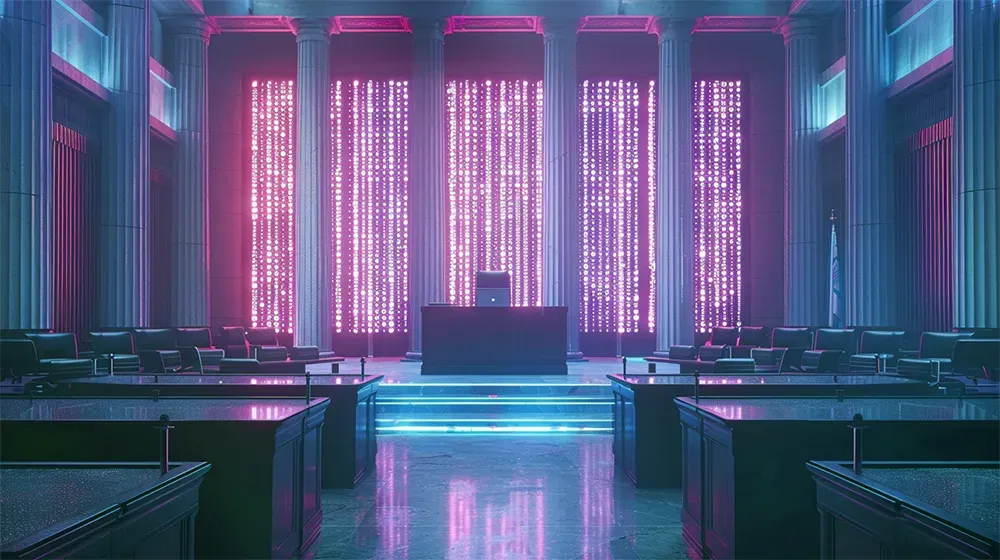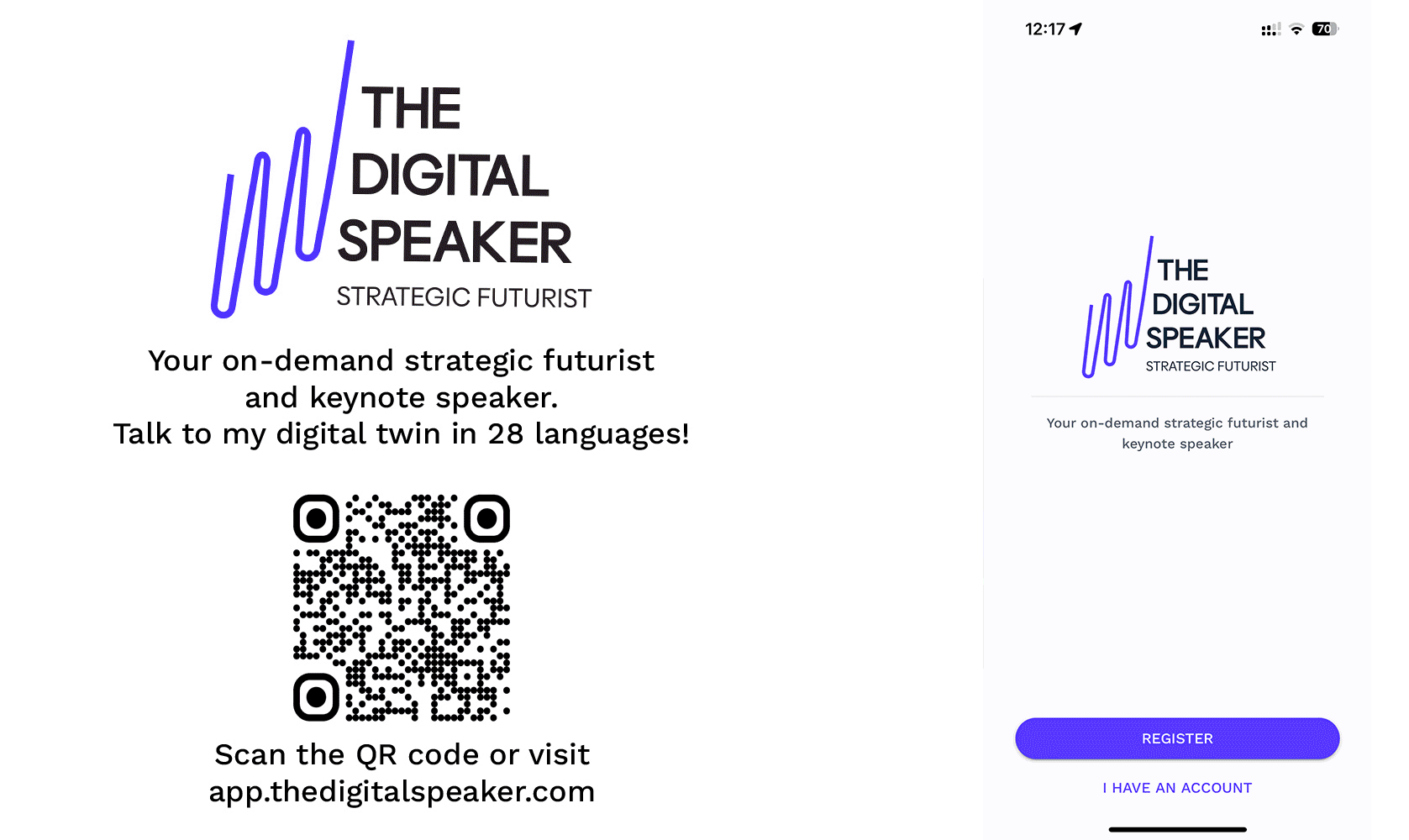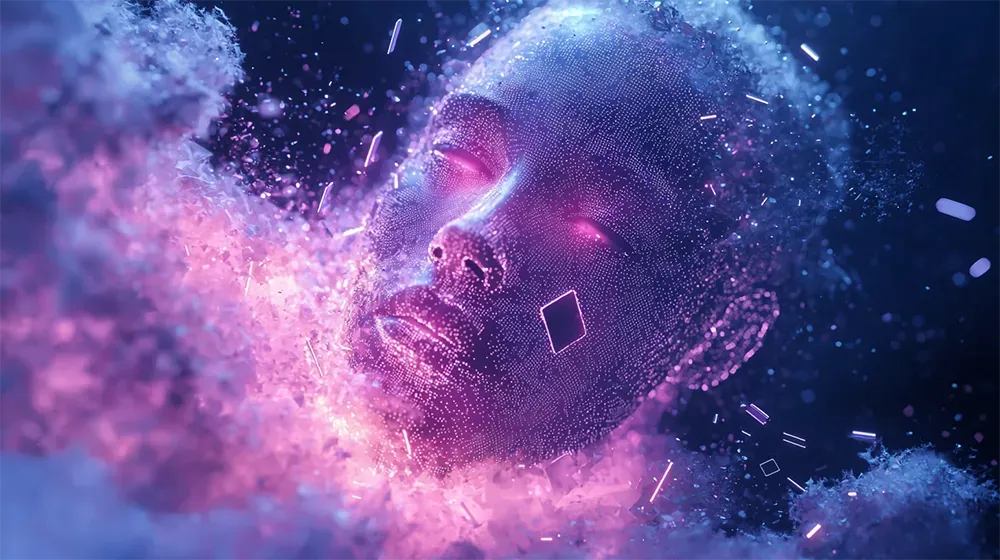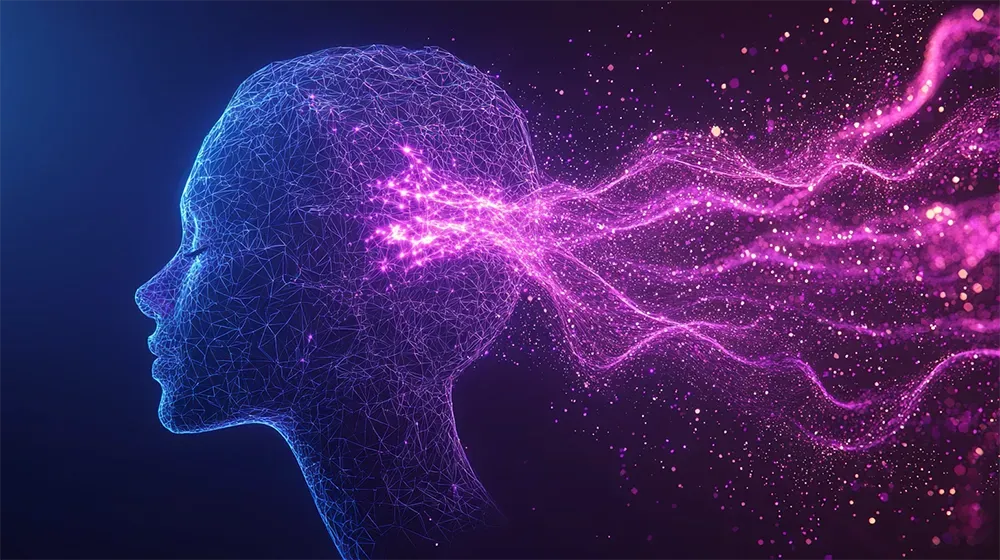Code Clash: OpenAI Accuses NYT of High-Tech 'Hacking

In an intriguing twist of digital destiny, OpenAI has lobbed a serious accusation against The New York Times, claiming that the esteemed newspaper "hacked" its AI systems to concoct evidence for a copyright infringement lawsuit.
This legal saga unfolds against the backdrop of OpenAI's plea to a Manhattan federal court, seeking dismissal of the claims that it illicitly feasted on the Times' journalistic bounty to train its chatbots. OpenAI contends that the Times resorted to deceptive tactics, contravening OpenAI's terms of use to trigger the AI into regurgitating NYT's copyrighted material.
The heart of this digital duel probes the murky waters of copyright law, AI ethics, and the evolving dynamics of content creation and consumption in the tech era. While OpenAI frames the Times' maneuvers as underhanded hacking, the newspaper defends its actions as legitimate investigative endeavors to expose potential copyright violations.
The legal eagles spar over definitions of 'fair use' and copyright in the AI arena, a debate that could reshape the frontiers of AI ethics and intellectual property rights. But beneath the legal jargon and corporate chess, a fundamental question looms: Where do we draw the line between leveraging public knowledge for AI learning and infringing upon the creative output of individuals and institutions? Is this legal skirmish merely the tip of the iceberg in defining the ethical boundaries of AI's intellectual consumption and generation?
This case not only spotlights the clash between traditional media and AI frontiers but also beckons a broader contemplation: In the age of AI's ascendancy, how do we balance innovation with intellectual property rights, ensuring that technological advancement doesn't trample creative sanctity?
Read the full article on Reuters.
----
💡 If you enjoyed this content, be sure to download my new app for a unique experience beyond your traditional newsletter.
This is one of many short posts I share daily on my app, and you can have real-time insights, recommendations and conversations with my digital twin via text, audio or video in 28 languages! Go to my PWA at app.thedigitalspeaker.com and sign up to take our connection to the next level! 🚀

If you are interested in hiring me as your futurist and innovation speaker, feel free to complete the below form.
Thanks for your inquiry
We have sent you a copy of your request and we will be in touch within 24 hours on business days.
If you do not receive an email from us by then, please check your spam mailbox and whitelist email addresses from @thedigitalspeaker.com.
In the meantime, feel free to learn more about The Digital Speaker here.
Or read The Digital Speaker's latest articles here.





